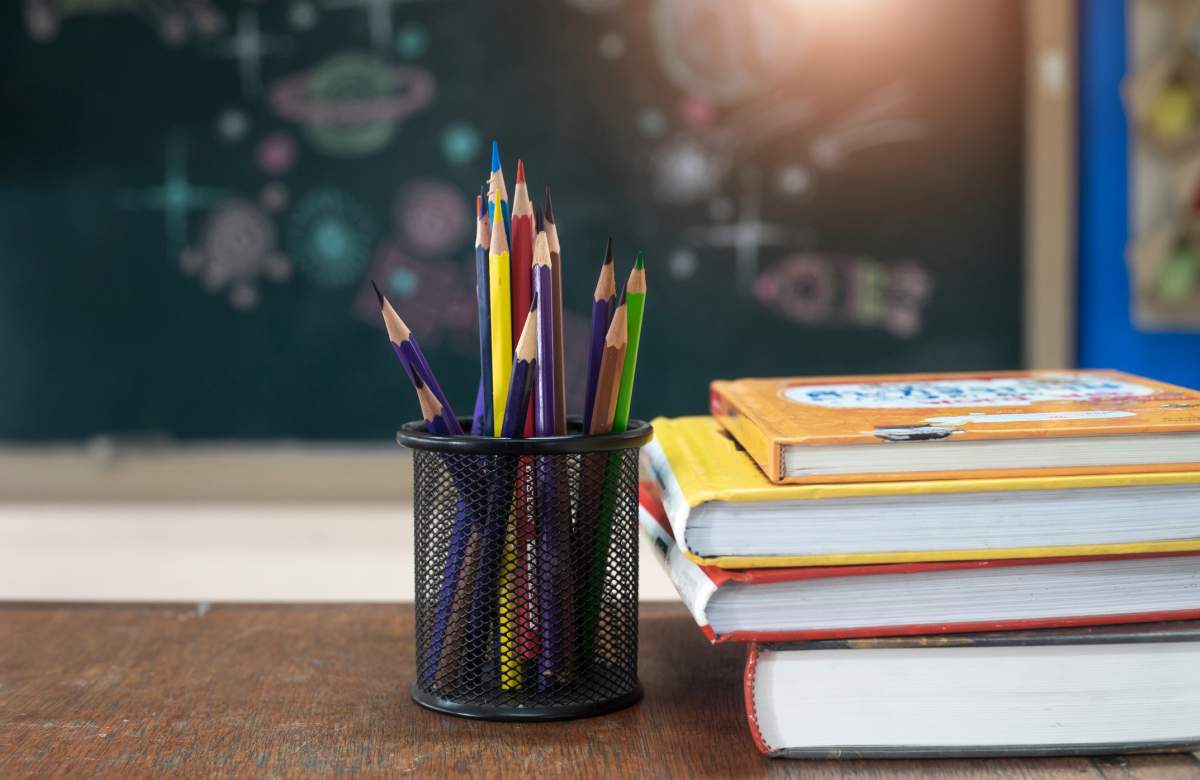
Education is traditionally thought to be comprised of the three Rs — reading, writing, and arithmetic. But research has revealed that students can become better if they are able to see problems and questions in a particular social context.
This is known as relevance.
On this week’s Super Awesome Science Show, we’re going to explore how relevance can be used to keep students creative and positive.
Our first guest is Heidi Bertels, from the College of Staten Island at City University of New York. She has explored how to develop relevant responses using a technique known as framing, in which context is put into the problem.
She explains how framing can be used in the classroom to entice creativity and takes us through one of her studies to provide an example of how this can be done using either opportunity or prosocial approaches.
When we hear about the results, we realize the importance of framing to come up with relevant answers. We also learn that framing can lead to a trade-off, such that the answers will have a different effect on the situation, the environment, and in this case, the community.

Get daily National news
In our SASS Class, we change the focus of relevance from the subject matter to the student. We talk with Michael Rousell, an associate professor of education at Southern Oregon University. He has developed a way to improve the perception of a student’s own relevance to the classroom and the world through the use of surprise. We explore the neuroscience of this emotion and how it can lead to better self-esteem and ultimately, better grades.
WATCH: (Sept. 2, 2019) Building good teacher-student relationships

If you enjoy the Super Awesome Science Show, please take a minute to rate it on Apple Podcasts, and be sure to tell a friend about the show.
Thanks to you, we’ve won a Canadian Podcast Award for Outstanding Science and Medicine Series. We have been changing the way the world sees science, and it is definitely for the better. Let’s keep the awesome momentum going together!
Contact:
Twitter: @JATetro
Email: thegermguy@gmail.com
Guests:
Heidi Bertels
Web: https://www.csi.cuny.edu/campus-directory/heidi-bertels
Twitter: @heidibertels
Michael Rousell
Web: http://michaelrousell.com/about
Twitter: @rousellm
Subscribing’s easy! Here’s how…

- Open the Apple Podcasts app, search for “Super Awesome Science Show (SASS)” and select it from the list of results.
- Once on the Super Awesome Science Show (SASS) page, click the “Subscribe” button to have new episodes sent to your mobile device for free.
- Click the name of an episode from the list below to listen.

- Open the Spotify app, search for “Super Awesome Science Show (SASS)” and select it from the list of results.
- Once on the Super Awesome Science Show (SASS) page, click the “follow” button to have new episodes sent to your mobile device for free.
- Click the name of an episode from the list below to listen.
















Comments
Want to discuss? Please read our Commenting Policy first.